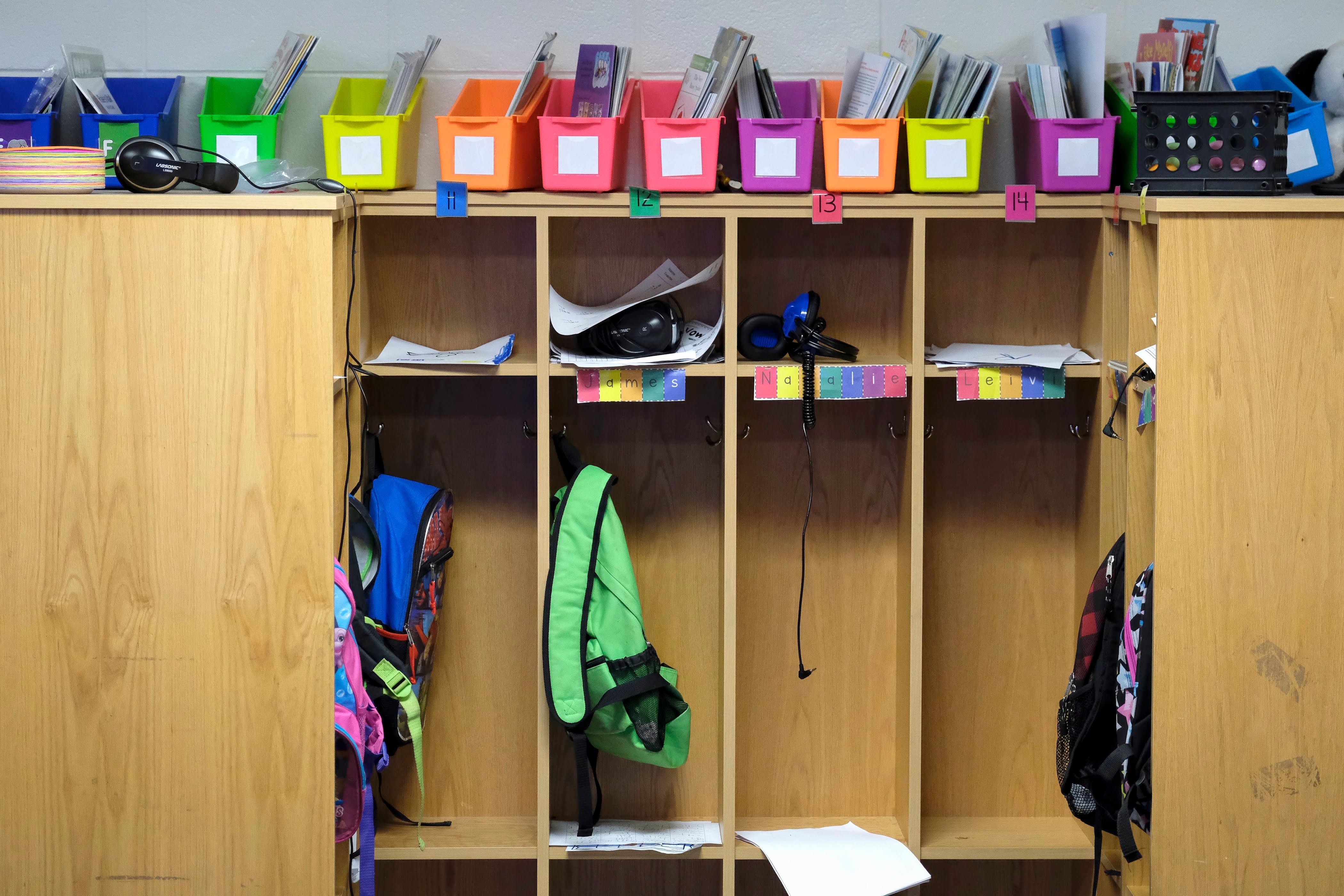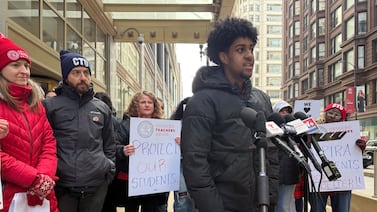Sign up for Chalkbeat Colorado’s free daily newsletter to get the latest reporting from us, plus curated news from other Colorado outlets, delivered to your inbox.
With the news Friday that the Trump administration plans to release all of the federal education funds that it has withheld from states since July 1, Lake County School District Superintendent Kate Bartlett said it feels like she’s emerging from a time machine.
All of the scrambling and contingency planning she did for the past several weeks is over.
“It’s almost like we’ve been transported back in time to June 29,” Bartlett said.
That was the day before the Trump administration announced it was withholding nearly $7 billion in federal education funds earmarked for teacher training, immigrant students, after-school programming, and more. Colorado was slated to receive nearly $80 million.
The federal Office of Management and Budget said it was withholding the money to review that it wasn’t being used to subsidize a left-wing agenda.
A week ago, the OMB said it would release $1.3 billion in 21st Century Community Learning Centers funding, which pays for before- and after-school programming, after a review of those funds. For Colorado, that meant a release of nearly $13 million.
On Friday, Colorado officials learned the other nearly $67 million in withheld federal dollars would also be released. Based on last year’s funding levels, it is expected to include:
- About $26 million for recruiting, retaining, and training teachers and reducing class sizes. School districts use this funding in a variety of ways, including by offering incentives to teachers who work in high-needs schools or teach hard-to-staff subjects.
- About $13.5 million for supporting a well-rounded education. This funding pays for student mental health services, music and arts programs, and STEM initiatives.
- About $11.2 million for multilingual learners and immigrant students. Districts use this money to hire and train bilingual teachers and buy textbooks and other materials.
- About $8.8 million for adult education. This money funds programs that help adults improve their literacy, learn English, gain workforce skills, and more.
- About $7.2 million for migrant students. This money is meant to support the children of farmworkers and is used to pay for health screenings, summer programs, and mental health support for students who experience frequent moves.
“While I am thrilled this funding has been returned to our students, this uncertainty created significant chaos for families and schools with the school year only weeks away,” Gov. Jared Polis said in a statement. Most Colorado schools start in August.
Polis repeatedly urged the Trump administration to release the funds and was one of 18 governors who sent a letter last week making that demand. Colorado Attorney General Phil Weiser joined a lawsuit filed by 24 states and the District of Columbia to restore the funding.
For the Lake County School District in the Colorado mountains, the restored funding means it won’t have to cut its crucial after-school programming. The 900-student district was banking on nearly $400,000 in federal 21st Century dollars to help pay for the popular program, which is used by most students. As one of several districts in Colorado that has a four-day school week, Lake County also runs programming on Fridays when there is no school.
Bartlett said the district is “very relieved” that the funding will come through.
“That’s been a huge weight off of our shoulders,” she said.
And while the withholding was difficult, Bartlett said she sees a silver lining in that it “forced a national conversation of the importance of these funds for kids and families.
“Would I have wished to go through this past three and half weeks of deep uncertainty? No,” Bartlett said. “But in a way, what we learned from it was we maybe got a little more clear on our shared values of what these funding streams provide for kids.”
Melanie Asmar is the bureau chief for Chalkbeat Colorado. Contact Melanie at masmar@chalkbeat.org.






